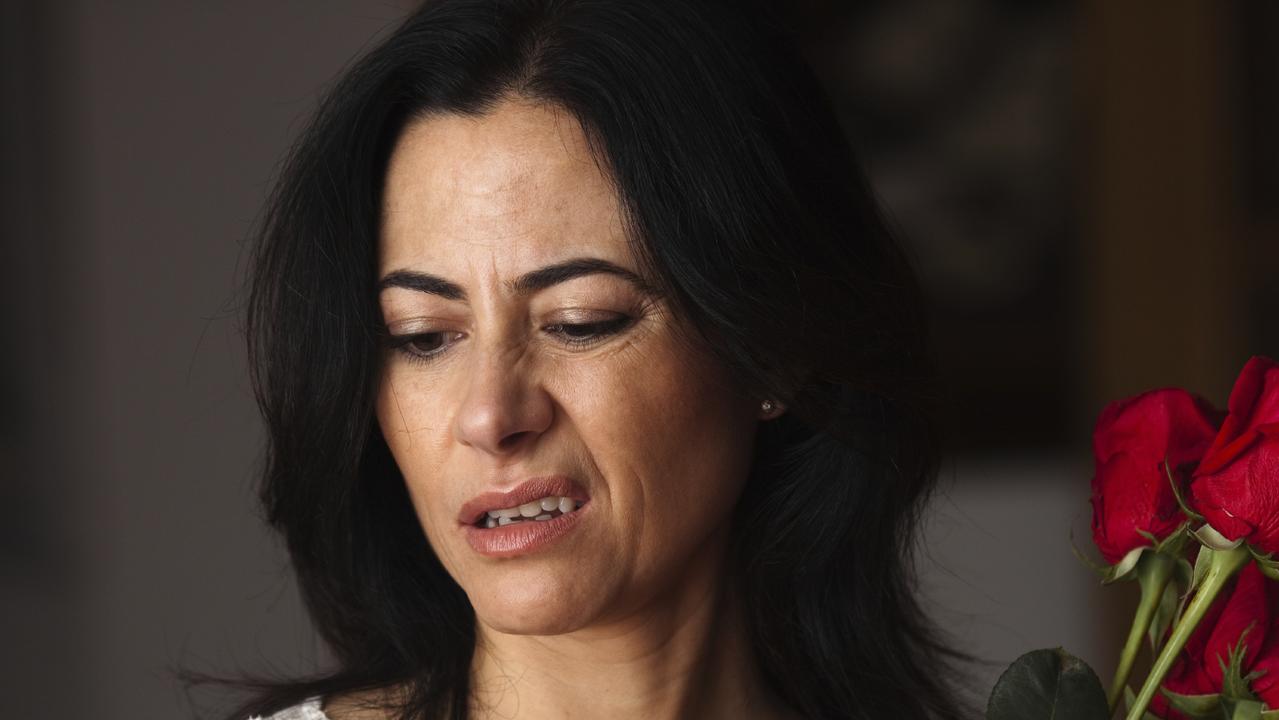Aussies warned of love scams this Valentine’s Day
Australians have lost millions to scammers on this one special day. Now, singles are warned not to trust someone who may seem too good to be true.
This Valentine’s Day, Aussies are warned not to fall for something that may seem too good to be true, with dating scams on the rise.
In 2022, more than $38m was lost to dating and romance scams across the country, with as much as $12m lost in NSW alone.
NSW Fair Trading commissioner Natasha Mann said people who let their guard down when dating might end up with more than a broken heart.
“Con artists are becoming more cunning and evolving using online games and websites to contact victims and build an emotional connection,” Ms Mann said.
“People looking for love through online dating agencies should also be sure to read the site’s fine print.
“Make sure you read and understand the terms and conditions of contracts before you sign so you know what you are paying for and don’t let the promise of love play on your emotions.”
The majority of scams took place on social media networks and mobile apps, accounting for more than 1700 reports from across Australia last year.

On Tuesday, Queensland Police Detective Superintendent Mike Newman said it is wise to do an image search on internet love interests to make sure they are who they say they are.
“Do a reverse image search of the profile photo to check if it’s been used elsewhere,” Superintendent Newman said.
“If an online relationship is developing quickly, or you feel uncomfortable at any time, trust your gut. Don’t feel pressured into making a quick decision.”
He said such scams can even lead to physical crimes, with people being assaulted after making contact with someone online.
“We have seen increases in traditional crime types that are actually now cyber enabled – there’s been the facilitation of sex assaults through dating apps, we have people who’ve actually been subjected to robberies as a result of replying to marketplace or Gumtree ads, we’ve had instances of Uber drivers being used to transport drugs or cash or for money laundering purposes.”
Scammers may often profess their affection quickly to influence their victims, before then asking for money for a multitude of elaborate reasons such as illness, business troubles or family emergencies.
IDCARE intelligence analysis and production manager Sarah Cavanagh said scams were also reaching First Nations communities in the most remote parts of Australia.
“Relationship scams are the most impactful scams on our community because it’s not just the financial losses – it’s the ongoing emotional and psychological trauma that individuals face,” Ms Cavanagh said.
“The hardest part of the job for our case managers is not hearing about the financial distress that individuals have experienced, but the other heartbreak – shame, guilt, ongoing mistrust, breakdown of family units and isolation of the individual from their support networks.
“Do not share your identity credentials or personal information. Do not send or receive money or gifts, do not agree to help them purchase a property, gain employment or create a business,” she said.

Across Australia, last year there were 792 reports of social networking scams, 55 love scams in person and 63 over the phone.
In South Australia, $2.5m was lost to scams.
SA Consumer and Business Affairs Minister Andrea Michaels said consumers could take steps to protect themselves against love scammers.
“Looking for love online can be tough, especially when scammers are ready to prey on people when they’re at their most vulnerable,” Ms Michaels said.
“But there are steps people can take to protect themselves from romance scammers, such as running a reverse-image search to confirm someone’s identity and always being wary of requests for money.
“Never share your bank account or credit card details with, or transfer money to, someone you haven’t met in person.
“It also pays to be mindful about how much personal information you share on social networking sites and through online dating sites or apps. Scammers can use your information and pictures to target you with a scam or even create a false identity.”



